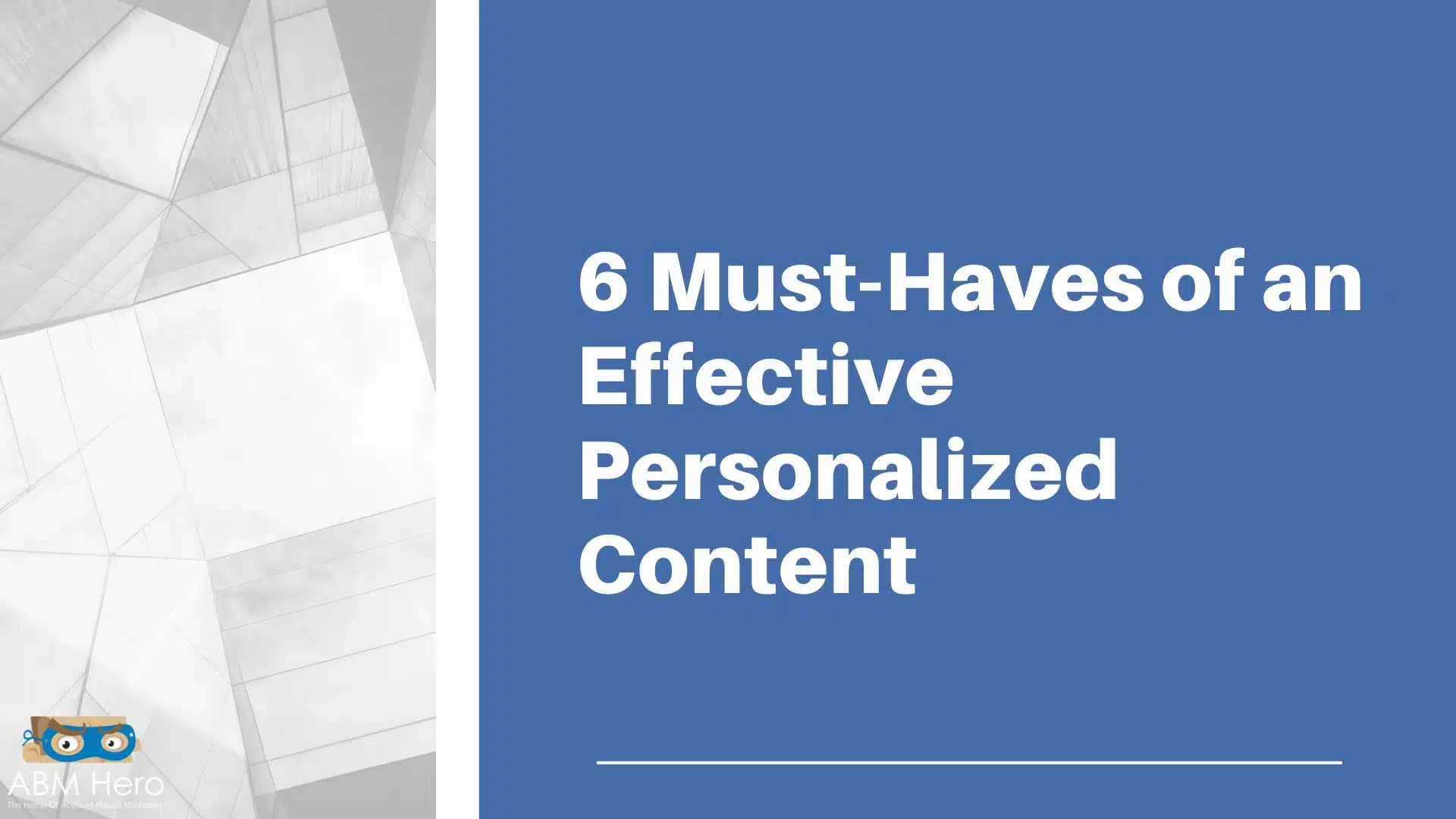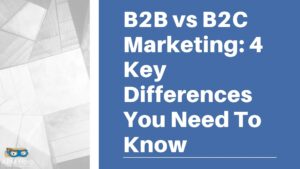Account-based marketing (ABM) is gaining more and more traction as a powerful B2B marketing strategy, and creating personalized content brings all the glory in this approach.
It’s a data-driven approach targeting specific accounts with personalized experiences.
By understanding customers’ needs and interests, ABM can create tailored campaigns that better engage prospects and drive conversions.
But what is the ultimate goal of account-based marketing? The answer is simple: a personalized experience.
It’s easier said than done, but six crucial ingredients make every marketing content closer to your audience’s heart.
In this blog post, we will discuss why a personalized experience is the ultimate goal of ABM and how you can use these six elements to maximize your campaign’s success.
What is a Personalized Content?
Personalized content, also known as “targeted content” or “personalized data,” is a form of content delivery that specifically caters to the individual user’s interests.
It is through algorithms that analyze user data and determine the content type most appropriate for them.
These algorithms may consider user age, gender, location, and browsing habits.
The aim is to ensure that the user receives content that is most relevant and appealing to them, thereby ensuring a better user experience.
This form of content delivery has become increasingly popular in recent years due to the rise of big data and its ability to provide detailed insights into users’ preferences and interests.
Why Personalized Content Matters in ABM?
Personalized content is an essential factor in the success of any account-based marketing (ABM) strategy, as it allows organizations to tailor their campaigns to the specific needs and interests of their target accounts.
Personalization enables marketers to speak to their customers in a more meaningful and relevant way, which helps to foster a deeper connection between the organization and the account.
By leveraging customer data, marketers can develop personalized content that speaks directly to their target accounts, allowing them to tailor their message to each account’s specific needs and goals.
Additionally, personalized content is more likely to be seen and engaged with, as customers are more likely to be interested in content that is relevant to them and their interests.
Interesting Insights
As a marketer, having a unique insight into the needs and interests of your target audience is imperative to creating effective, personalized marketing content.
By understanding your customers’ wants and needs, you can craft messaging that resonates with them and encourages them to take action.
Through research into your target audience’s demographics, lifestyles, and purchasing habits, you can better understand what they are looking for in a product or service and then tailor your messaging accordingly.
Additionally, you can leverage data such as user engagement metrics and purchase histories to refine your approach further and create more personalized experiences.
By leveraging these insights, you can develop more tailored marketing content that speaks directly to your target audience, inspiring them to engage with your brand.
Variety of Content
Creating personalized and engaging content for different target customers effectively ensures that the message is transferred in a meaningful manner to each individual.
It is by carefully segmenting one’s target audience into distinct customer personas.
By doing so, one can craft unique content for each persona, tailored to each persona’s specific needs, interests, and preferences.
It allows for a more personalized approach to content creation, as each message can be crafted in such a way as to reflect the individual needs of the audience.
Authoritative Stance
When it comes to Business-to-Business (B2B) marketing, marketers need to demonstrate their knowledge and authority in a given field to make a more personal connection with their audience.
It is because, in the B2B context, the potential customer is typically a decision maker or influencer who needs to be confident in the marketer’s ability to provide them with a product or service that meets their needs.
Therefore, the marketer must convey a level of expertise and understanding of their target audience to build trust and demonstrate their commitment to providing a solution tailored to their customer’s needs.
Doing this makes them more likely to establish a strong connection with those who enjoy their craft and can dive deep into the problems at hand.
Emotions
Touching the emotions of a target audience in B2B marketing is an essential tool for improving the overall experience of a product or service.
By targeting customers’ emotions, businesses can create a more meaningful and personal connection with their audience.
This connection allows customers to relate to the product or service on a deeper level, leading to increased loyalty and customer satisfaction.
Moreover, emotional connections can be utilized to make a product or service stand out among competitors.
By tapping into customers’ emotions, businesses can create a unique, memorable experience that will remain with them long after the initial purchase.
Furthermore, emotionally-driven campaigns often result in higher conversion rates, as customers are more likely to be influenced by an emotionally-driven message than a purely factual one.
Conversational Content
Crafting a conversational marketing campaign can have a significant impact on personalizing the experience of a target audience.
Providing customers with a more personalized experience is essential for businesses to succeed in their marketing efforts.
Through a conversational marketing campaign, businesses can engage with their customers more personally by utilizing conversational marketing tools such as chatbots and virtual assistants.
These tools allow businesses to respond quickly to customer inquiries and provide personalized customer support.
Furthermore, businesses can utilize conversational marketing campaigns to create a more intimate connection with their customers.
Businesses can gain valuable insights into customer preferences and needs by engaging in conversation with customers, allowing them to make more informed decisions when creating marketing campaigns.
Storytelling
B2B marketers should be well-versed in the art of storytelling for a variety of reasons.
Crafting an engaging, compelling story is a powerful tool that can personalize a B2B marketing campaign and capture the attention of potential customers.
By incorporating a story into their campaigns, B2B marketers can create a connection with their audience that is more intimate and meaningful than traditional marketing tactics.
The narrative approach also allows B2B marketers to craft a more powerful and persuasive message to their target audience. Stories provide a context and narrative structure within which to present information.
They enable B2B marketers to create a vivid and memorable journey for their audience that is more engaging, entertaining, persuasive, and convincing.
As demonstrated, account-based marketing provides powerful insight into customer behavior that helps brands tailor content to meet customers’ needs and preferences.
Brands can cut through the noise with personalized content by sending relevant, engaging messages tailored to each customer’s interests.
By utilizing account-based marketing, brands can ensure that they are providing a meaningful customer experience and increasing conversions.





